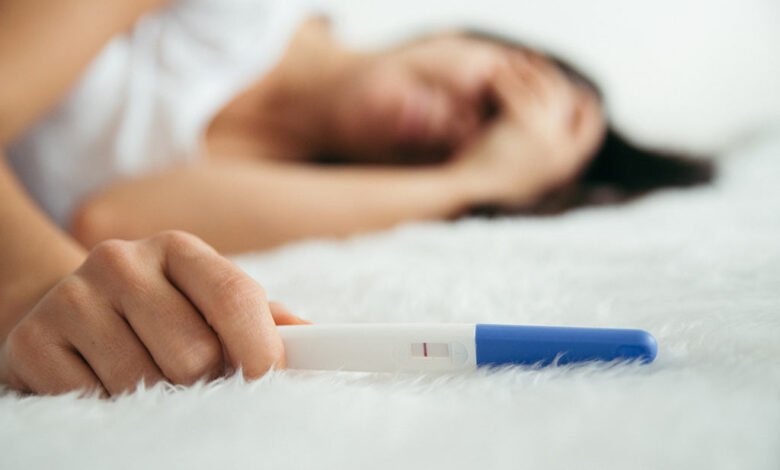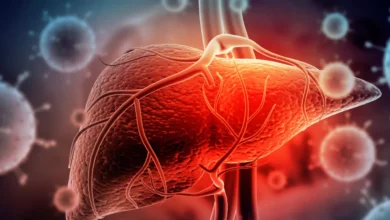IVF failure can result in pregnancy, but is it guaranteed?

IVF failure can result in pregnancy, but is it guaranteed? Parenthood may sound wonderful, but for couples who are unable to conceive naturally, it is not always simple. One method fertility specialists may use to assist such couples who want to have children is in vitro fertilization (IVF). It entails taking mature eggs out of the uterus, fertilizing them in a lab, and then re-inserting them. IVF techniques can fail, even though they frequently lead to healthy pregnancies and live deliveries.
Can IVF Failure Affect Your Chances of Getting Pregnant?
Despite the unpleasant possibility of IVF failure, you can still become pregnant with later treatments. In order to enhance your chances of success, your fertility specialist will assist you in preparing for a second IVF cycle. After a failed IVF, some women may also spontaneously become pregnant. While assisted reproductive technologies (ART) like IVF can work well the first time, they sometimes require patience.
Read More: Tips For Seniors To Increase Mobility
Reasons for Failed IVF
Failed IVFs happen due to problems with the embryo or the uterus. Common reasons IVF cycles fail include:
- Poor egg or sperm quality: While fertility specialists evaluate egg quality before retrieval, fertilization, and insertion, lower-quality eggs or sperm may affect your IVF success chances.
- Embryonic arrest: Chromosomal and genetic abnormalities in the embryo weaken its ability to continue developing normally. This may also affect sustained implantation, affecting the success rate.
- Any health issues: Potential health conditions may interfere with hormones, embryo implantation, or pregnancy.
What To Do After a Failed IVF

Even though failure in IVF procedures can be upsetting, you must keep trying and get ready for the next cycle. What you should do following a failed IVF cycle is as follows:
Have the Right Support System
It can be distressing for couples attempting to conceive when an IVF procedure fails. It’s easier to give up when you’re frustrated, but strive to keep the appropriate attitude so you can try again. The difficulties of a failed IVF can be overcome with the aid of an incredible support network.
You can get assistance from and maintain your optimism from loved ones you can trust. Understanding the procedure and confirming the need for another attempt can both be facilitated by speaking with a reproductive specialist. In order to deal with despair or anger following the unsuccessful IVF, you can also visit a counselor.
Review the Previous IVF Cycle With a Specialist
Fertility experts will assist you in reviewing the prior cycle if you are ready to begin another IVF round. Analyzing your previous cycle’s development aids in identifying potential reasons why IVF attempts fail. That information can be used by experts to increase the success rates for any upcoming implantations.
To determine the reason for IVF implantation failure, the specialists will run hormone tests and uterine screenings. The DNA of the sperm and embryo is then fragmented to look for deviations that can raise the risk of miscarriage or impact embryo growth. Preimplantation genetic screening (PGS) aids the specialist in assessing the likelihood that subsequent transfers would be successful. Immunological testing is also done by fertility specialists to rule out any potential role in impeding conception.
Your fertility specialist will assess any additional existing factors that could be affecting your fertility throughout the review.
- Age of the female partner
- Genetics
- Underlying medical conditions
- Egg quality and quantity
- Cause of your infertility like endometriosis or ovarian cysts
- Uterine issues
Their ability to decide whether a second embryo transfer is feasible is based on a thorough assessment of all elements impacting your fertility. They will offer advice on the likelihood of success for your surgery and suggest the best course of action to possibly raise the likelihood of success.
Have a Plan for the Next Steps
Your fertility doctor will create a strategy for the next steps after you determine that you are prepared for your next IVF cycle. To get your body ready for another pregnancy, they might start with fertility cleansing. Bringing about hormonal balance and enhancing the ovulation cycle will be necessary for this. When making plans for a new cycle, fertility planning may help boost the likelihood of success.
The IVF cycle plan specifies how long the procedure will take and when you can begin making preparations. Following conception and transfer, fertility specialists also include a follow-up schedule to monitor the development of your pregnancy.
Getting Pregnant After IVF Failure
IVF is one example of an assisted reproductive technology that can assist couples who are having trouble getting pregnant. Although the treatment may be successful for many couples, this is not a given. After IVF fails, try embryo transfer to improve your chances of becoming pregnant.







